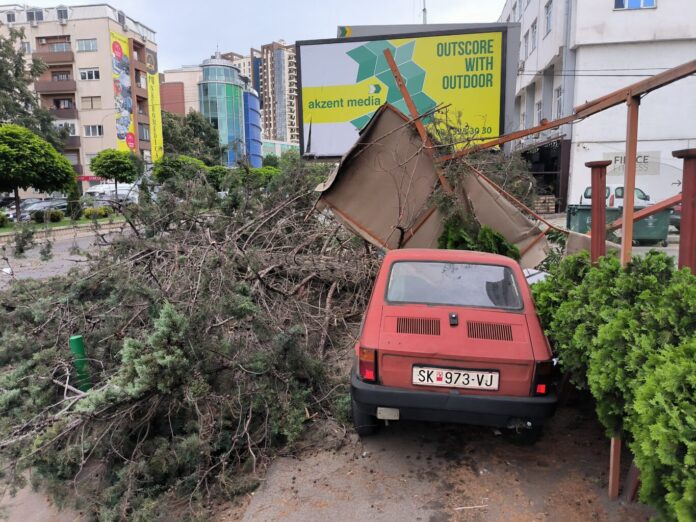Sanchez clings to Europeanism in front of the national battle | Spain
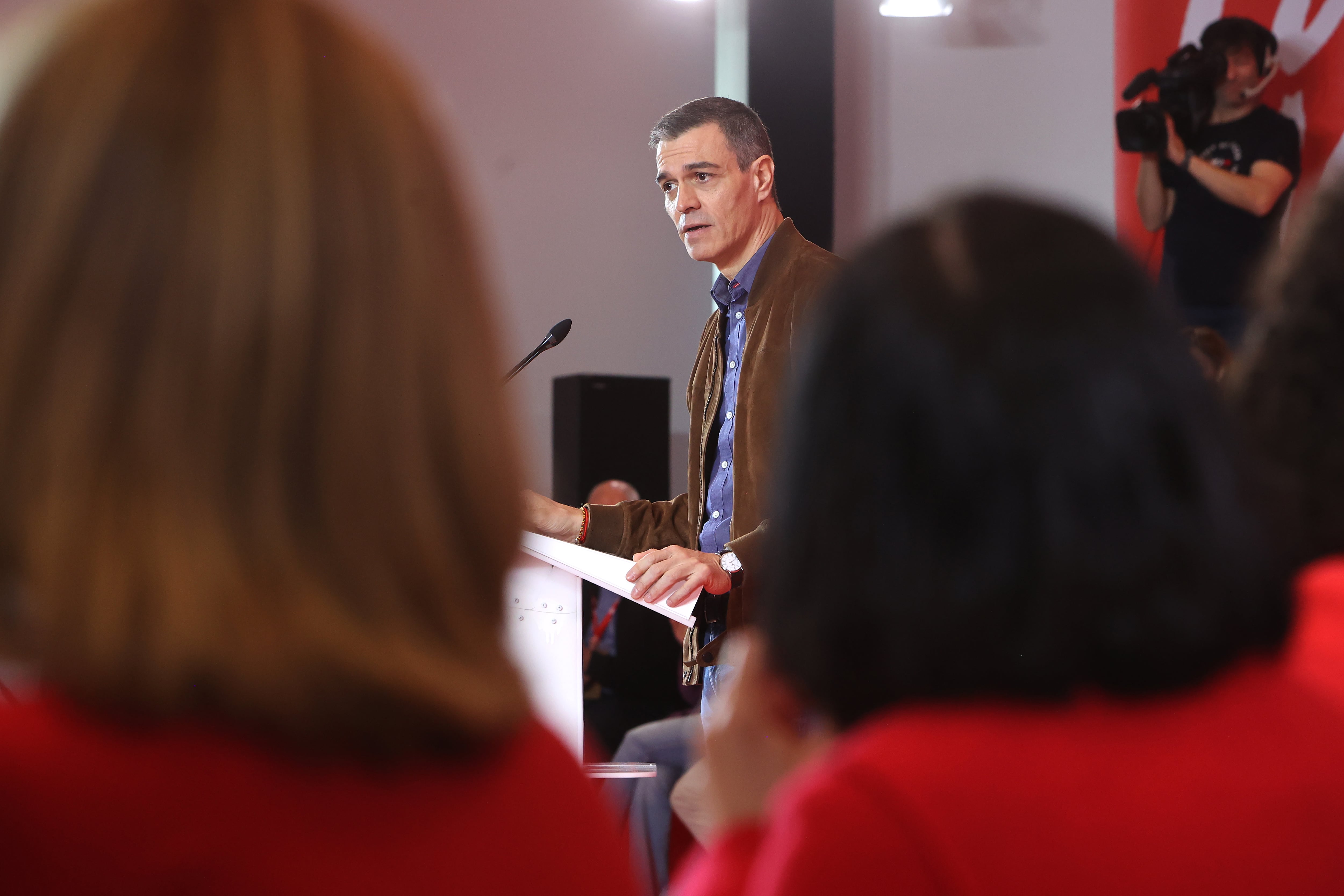
The world has taken a radical turn in the last two months, but the Spanish Congress has not yet lived a great debate about the new scenario. Almost all other European parliaments have had them, In some cases with very strong divisions and tensions, as in Italy. Pedro Sánchez has already participated in Several high -level appointments outside Spain monopolized by this issue, And he has launched some messages in public interventions that have clearly placed him on the European stage as a Nemesis of Donald Trump, whom he never quotes but always refers. However, he had not yet gone to Congress for the great pending debate, beyond brief control sessions without depth. It will finally be this Wednesday, in a monographic session for which Moncloa is preparing a purely European discourse.
In a moment of real threat to EuropeNot only military but above all economic, with Trump trying to move EU production and investment to the US, Sánchez is convinced that a good part of the Spaniards are going to cling like him to Europeanism, which has always had in the Iberian Peninsula a power much higher than the surveys They detected in others of their surroundings such as France, Italy or Germany, probably because of Spain and Portugal history, which joined together in 1986 after 40 years of ostracism and isolation by their fascist dictatorships.
Sanchez has worked his European speech, which has already begun to deploy on Thursday at the press conference after the European Council, in which his strategy of focusing on great international affairs was clearly seen, where He thinks having a much more powerful profile and message than his great rival, Alberto Núñez Feijóowhile It minimized as little relevant the discussions and political divisions in Spain, that that same day they led several defeats to the government. Several ministers consulted admit that Thursday was a hard day, especially because The State Agency for Public Health was unforeseen when voting against PP and Junts who had approved it in commission. Junts openly recognized the government that it was a « revenge » because the Executive had vetoed the vote of two amendments approved in the Senate to the Law on Food Waste, which raised fiscal improvements for sectors that especially interest nationalists.
As several members of the progressive majority consulted in different parties see it, Junts is increasingly turning towards a convergent classic position, this is representing different important economic sectors in Catalonia. The independentistas are increasingly interested in amendments that may not be very prominent by the media, but they are very relevant for important economic sectors, something traditional when CiU existed. And they are also entering decisive economic power centers in the hands of the Government, with representatives not only in RTVE, where ERC is also The Renfe Board of Directors, which has just been incorporated, As he reproached them on Wednesday at the Gabriel Rufián Congress, ERC spokesman, who criticized the “hypocrisy” of not wanting to make a press appearance with a flag of Spain behind, but wanting to be in the public company of Spanish Railways.
Therefore, and although Junts can always give surprises such as Thursday, also dragged by a PP that also changed his mind at the last moment, the sensation that is transmitted in the domes of both the independence and the PSOE is that the relationship is increasing Supreme not to apply the amnesty law. What will not be, and that already seems very evident and not so much for Junts but because ERC has given a resounding, It is budgets of 2025. But several ministers insist: despite everything, and with a majority to the limit, the Government manages to approve 90% of the voting. And that is why no one considers any dramatic scenario. In fact, in the Executive they see the majority consolidating with these decisions that are less seen, such as the entry of the independentists in key economic power circles, and a generalized sensation that there will be legislature until 2027.
Even so, and despite the fact that the government believe that citizens are already very accustomed to discrepancies within the majority and that has barely wear, Sánchez is very interested in this debate on Wednesday to try to get out of the dynamics of the Spanish political battle and raise the shot towards an issue that many Spaniards are looking at: the future of Europe, the change of the international order with the Trump’s turn, and the Russian threat.
While Feijóo will try to rummage in the division in the majority and on the left in the face of the increase in military spending, Sánchez intends to focus on a historic draft speech, the risks and opportunities for Europe of a radical change of the world order of the last 80 years, after the end of World War II. « The great debate is whether we stay as we are or take a step forward so that Europe is a central power in the new order that is beginning to draw. It depends on that many conquests that we have achieved, from the state of well -being to human rights, remain strong or not, » says a government member, who is in full elaboration of Wednesday’s discourse.
Sanchez will also flee from the militaristic discourse, although he has committed to his European partners to increase defense spending and will have to endorse it. But the president tries to focus the issue on the idea of security, rather than defense, and in fact The European Commission will stop using the term Rearm (Rearme), initial name of the Ursula von der Plan Leyen, at the request of Sánchez and the Italian Giorgia Meloni, who also has a public opinion, such as Spanish, reluctant to this type of messages.
In Congress there will be Sánchez’s clash with Podemos for this issue and also add, coalition partner, will show his discrepancies and his rejection of the increase in military spending. However, although publicly it may seem otherwise, in the government this matter no longer generates great discussions. The discrepancy is agreed. The executive is discussed much more crudely from economic issues, as happened with the reduction of the working day, which starred in the last great clash in the Council of Ministers between Yolanda Díaz and Carlos Body, which was very hard. Also the subject of IRPF for the minimum wage has caused a tear in the executive much more powerful, which is far from finding a solution.
However, defense spending no longer threatens the stability of the Executive, various ministers of the two sectors insist, because a formula that internally works has been found: adding to pass all the important decisions in the Council of Ministers, but shows its disagreement through observations presented by the Second Vice Presidency. That balance avoids problems, although in Congress things will be different and everyone will want to show their different profiles in the most delicate matter of all those who pass through Congress: the future of Europe.

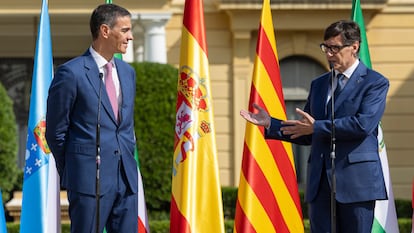


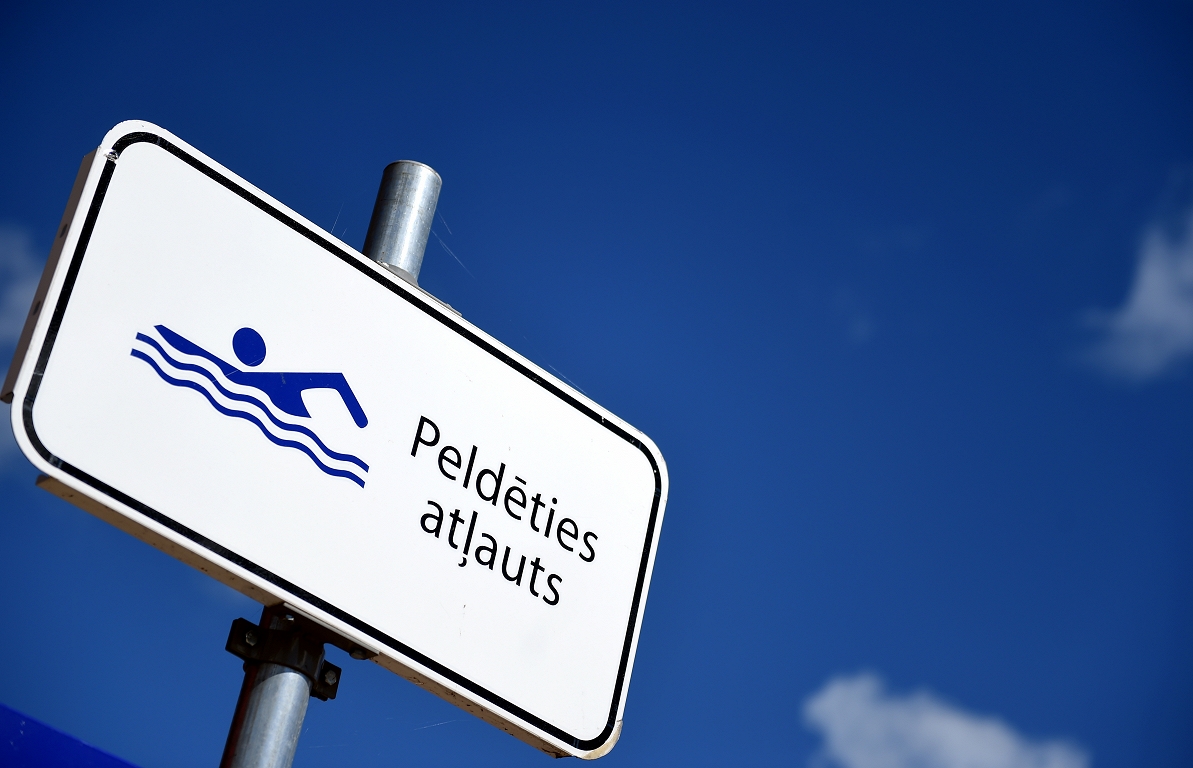
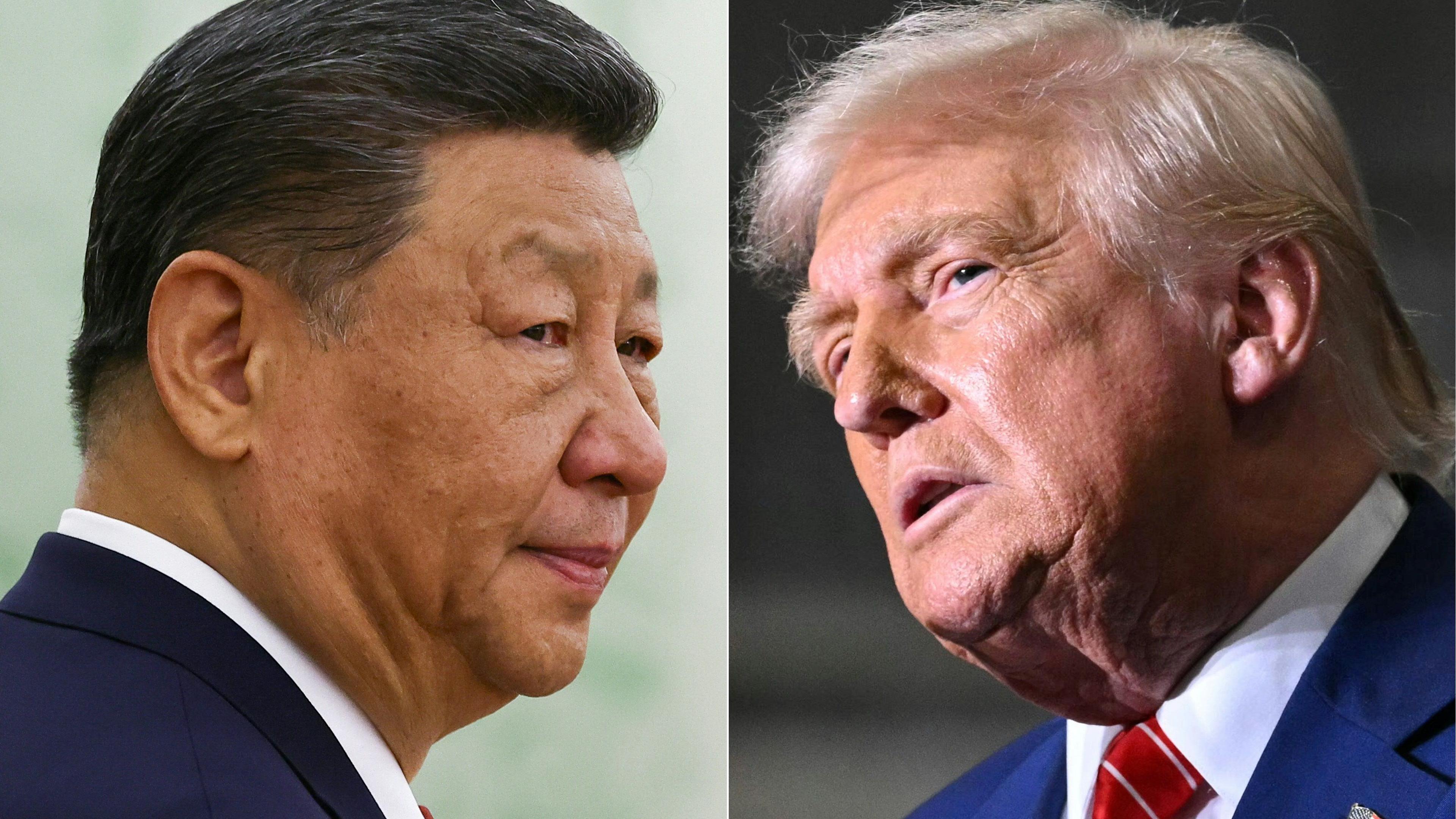
:format(webp)/s3/static.nrc.nl/wp-content/uploads/2025/06/05163439/data133217982-f902a2.jpg)
